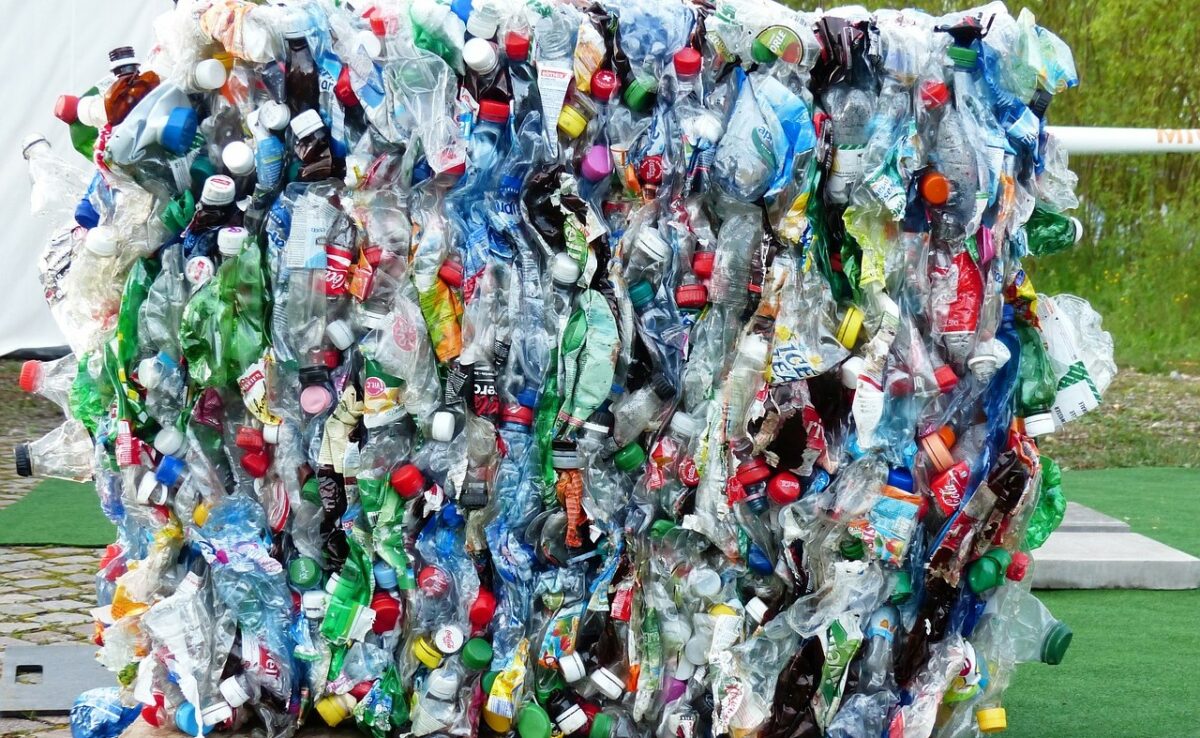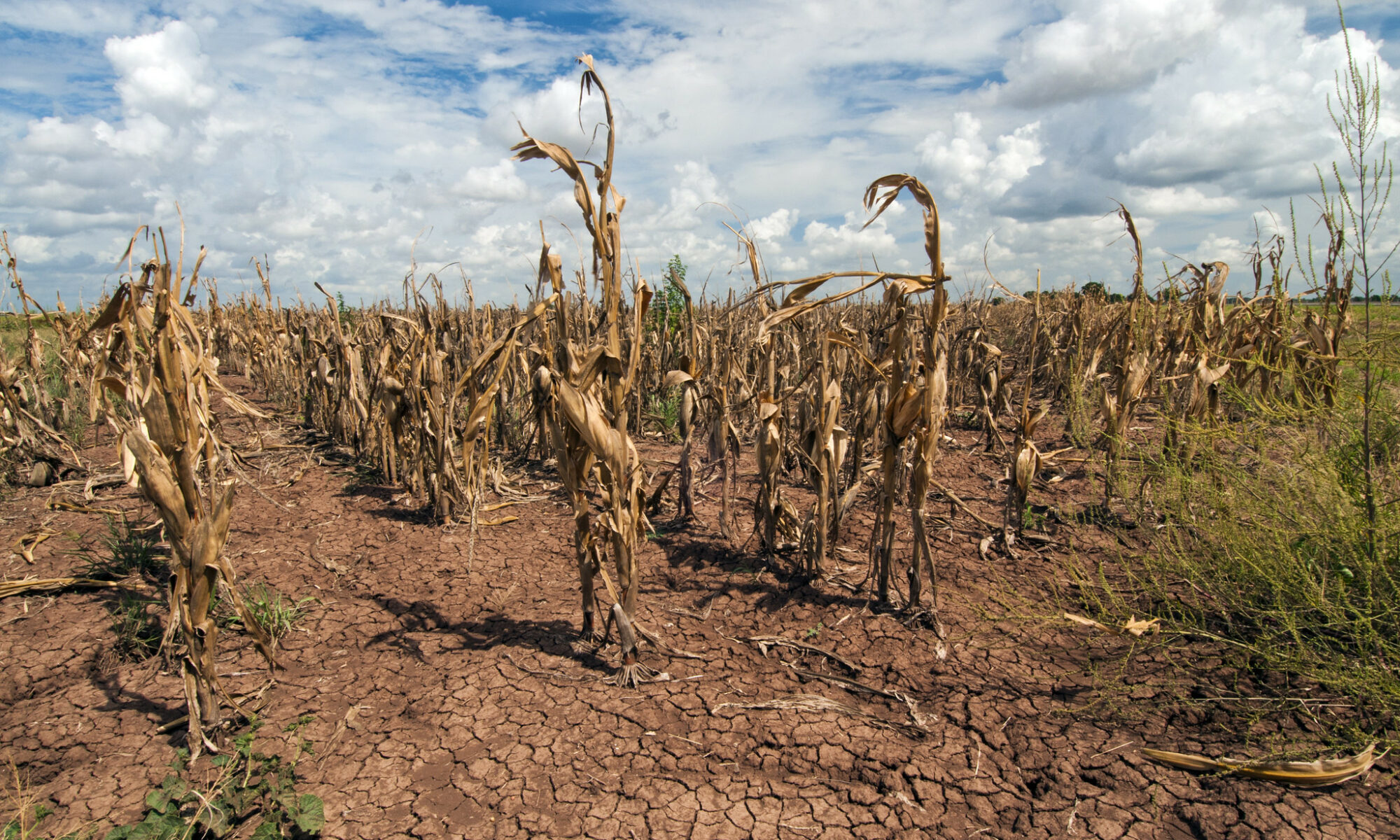By Daniel F. Akrofi
The proposed global plastic treaty currently being negotiated seeks to end plastic pollution by regulating the entire lifecycle of plastics. To end global plastic pollution and decarbonize the global plastic economy, financial flows that fuel the global plastic industry must truly be tailored towards transitioning away from the current models of economic development, consumption, and overreliance on fossil fuel-derived virgin plastics – considering that 98 percent of plastics produced globally are fossil fuel-derived. This will require a 360-degree shift from the current mode of financing in the global plastic industry that encourages overreliance on fossil-fuel feedstock to produce excessive plastics (in some cases non-recyclable plastics) to green financing aimed at ending global plastic pollution.
Continue reading “Why might Green Finance and Sustainable Blended Finance be needed under the Global Plastic Treaty?”

